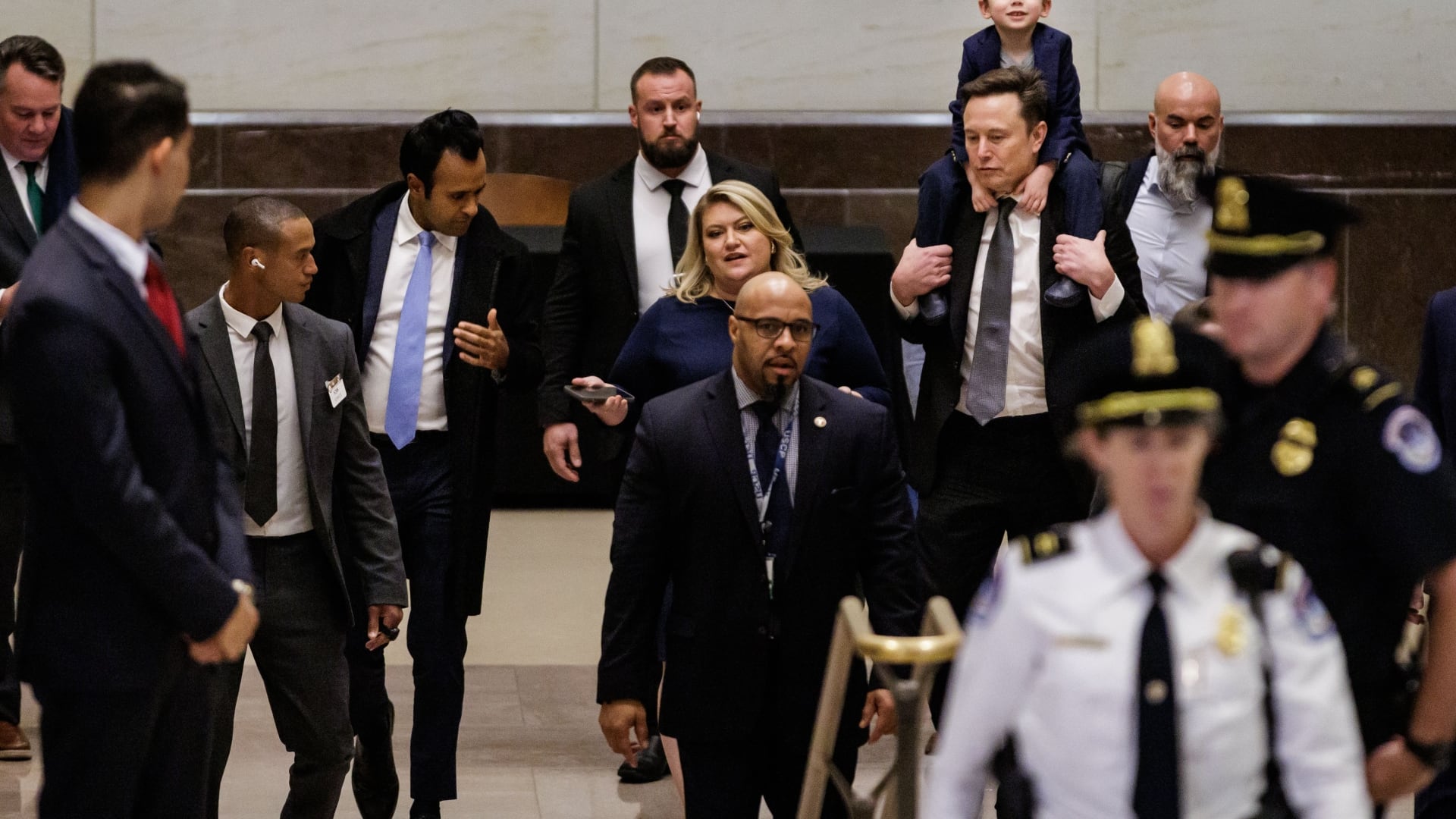Massachusetts Democratic U.S. Sen. Elizabeth Warren announced Monday that she will seek a third term in 2024.
Warren, a prominent voice for the liberal wing of the Democratic Party and a failed 2020 presidential contender, said she's running for reelection to end corruption in Washington, make the economy work for the middle class and protect democracy.
“I first ran for Senate because I saw how the system is rigged for the rich and powerful and against everyone else. I won because Massachusetts voters know it, too. And now I’m running for Senate again because there’s a lot more we’ve got to do,” Warren said in a campaign video released Monday.
Warren, 73, had more than $2.3 million in her campaign account at the end of 2022, according to reports filed with the Federal Election Commission.
Warren first won election to the seat in 2012, defeating incumbent Republican U.S. Sen. Scott Brown, who was elected to fill out the term of Democratic U.S. Sen. Edward Kennedy, who died in 2009.
With the win, the then-Harvard Law School professor became the first woman elected to the U.S. Senate from Massachusetts.
In 2018, Warren won a second term, easily defeating Republican candidate Geoff Diehl, before quickly setting her sights on the presidency.
While popular among some Democratic voters for her blunt rhetoric, Warren was unable to break away from the party's pack of contenders and dropped out after failing to win any of the states that voted on Super Tuesday, including coming in third in the Democratic primary in her home state.
During the campaign against Brown and again during her bid for the presidency, Warren was dogged by past claims of Native American heritage and her inability to provide documentation of that ancestry.
That led then-President Donald Trump to go after her early in the presidential campaign, derisively labeling her “Pocahontas." Warren had said she learned of her family ties to Cherokee and Delaware tribes from stories told by her parents.
After the 2020 loss, Warren continued her focus on the financial sector.
Warren recently joined California Rep. Katie Porter, a Democrat, to push a proposal to repeal a 2018 rollback of certain aspects of the Dodd-Frank Act, enacted after the financial crisis a decade earlier.
The bill, part of discussions in Congress following the recent abrupt failure of two banks, is unlikely to advance.
In her campaign video, Warren ticked off a series of priorities from passing a wealth tax and putting stricter rules on banks to making child care more affordable, protecting coastal communities and building what she called “a 21st century transportation system across all of Massachusetts."
It's unclear who might challenge Warren for the Senate seat. Many Democrats appeared to be waiting until Warren or fellow Massachusetts U.S. Sen. Edward Markey, also a Democrat, decided not to seek reelection. Markey in 2020 fended off a primary challenge from then-Democratic U.S. Rep. Joe Kennedy.
The state's Republican Party is trying to rebuild after losing the governor's office last year when Republican Gov. Charlie Baker opted not to seek a third term and Democrat Maura Healey handily defeated GOP candidate Geoff Diehl.
Warren already has the backing of many high-profile Massachusetts Democrats including U.S. Rep. Ayanna Pressley, Boston Mayor Michelle Wu and Markey.
Warren serves on several congressional committees including the Committee on Banking, Housing, and Urban Affairs, the Committee on Finance and the Committee on Armed Services.












